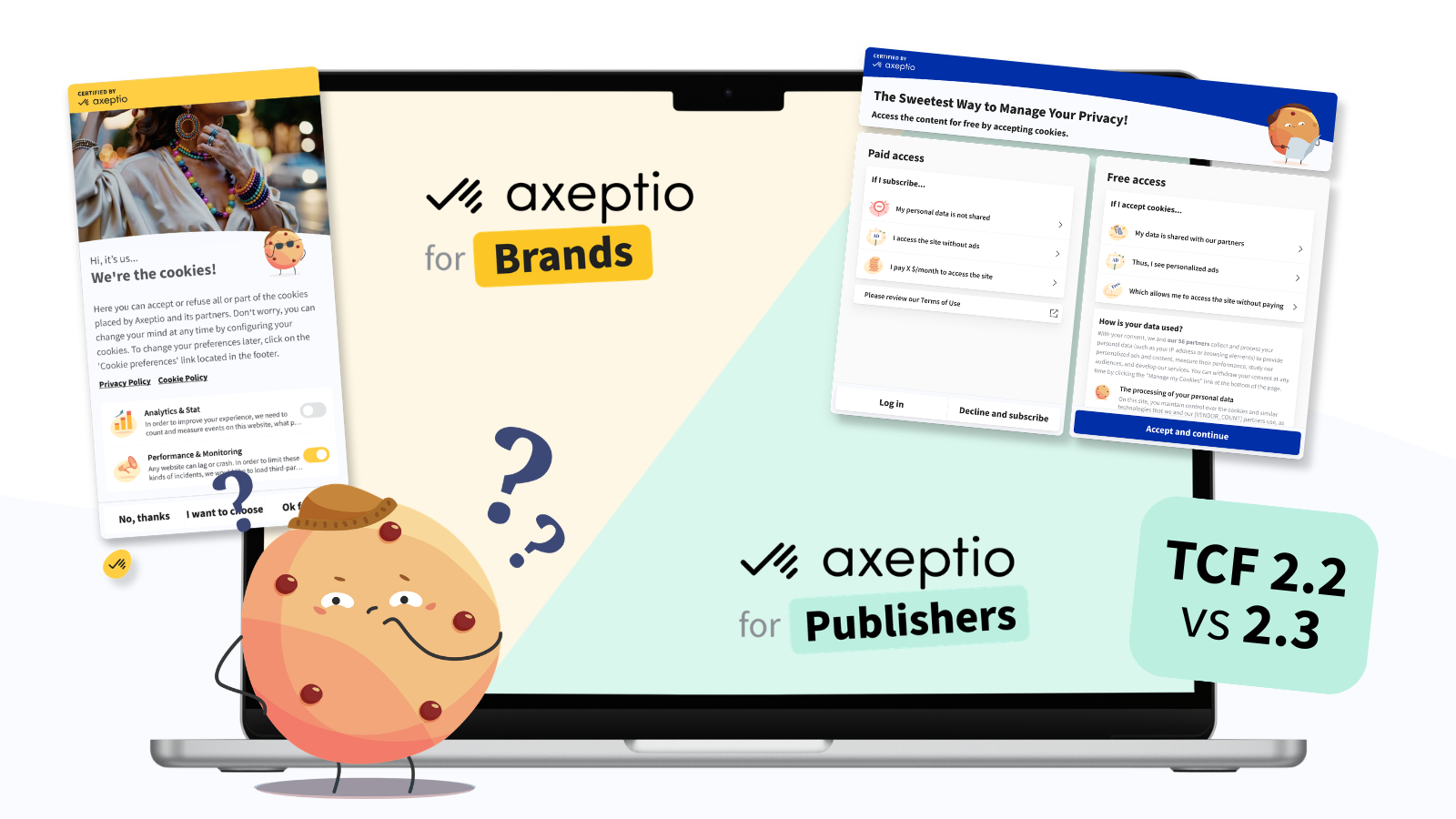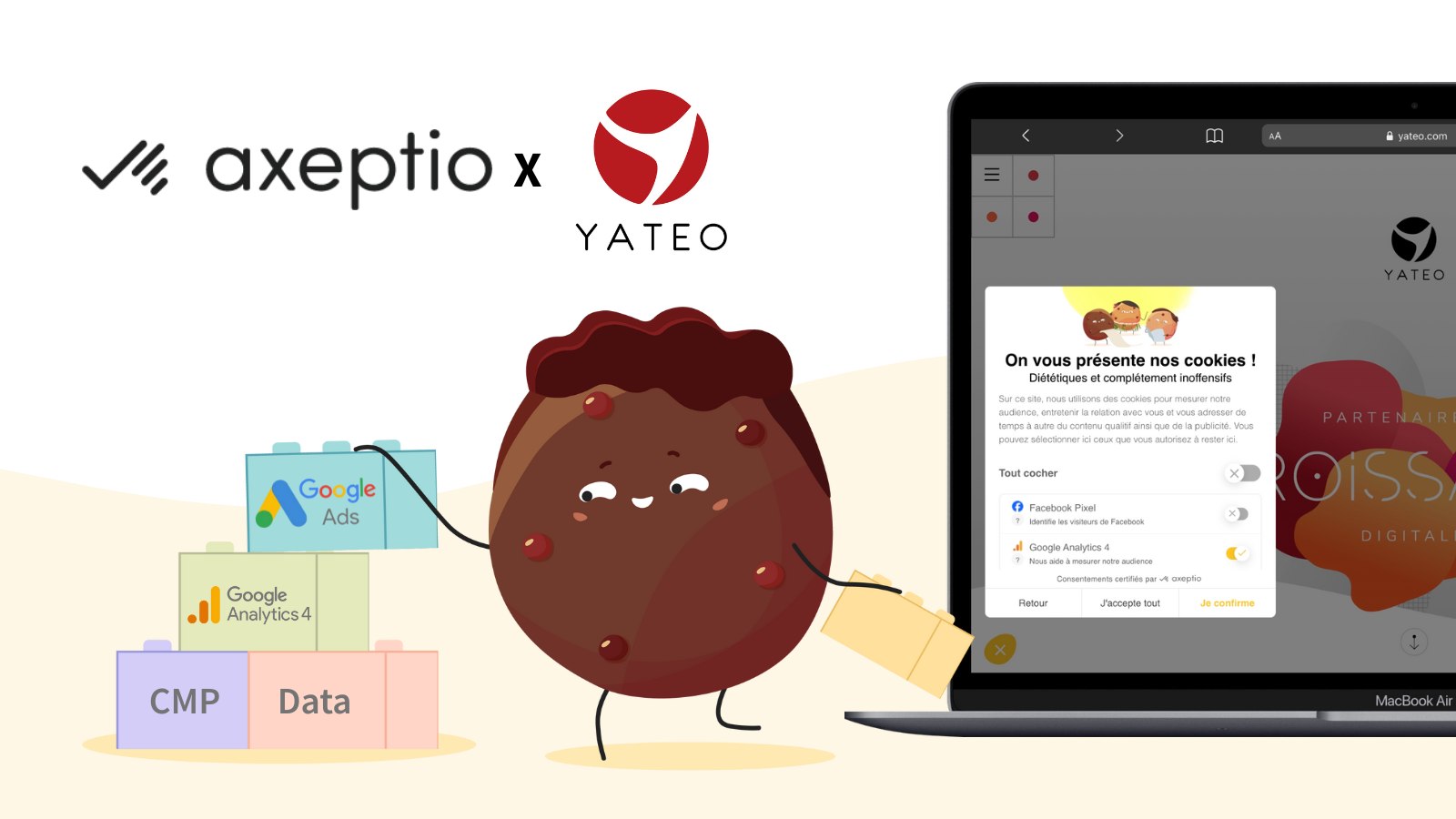In an era where data privacy is under the spotlight, mobile apps face increasing regulatory pressure to refine their onboarding flows. At the recent App Growth Summit (AGS) in New York, Axeptio’s CRO, Jerome Perani, and Blake Wisz took center stage to discuss a pivotal shift: privacy standards in both the U.S. and Europe are redefining how apps welcome users.
As mobile regulations evolve, organisations must adapt quickly to meet compliance requirements while delivering a great user experience. If you missed the session, you can watch the video and download the presentation slides to explore the key takeaways.
Privacy is No Longer Just a European Concern
For years, data privacy laws were primarily associated with the European Union, thanks to GDPR. However, the U.S. landscape is rapidly catching up. While California led the way with the CCPA, more than 19 states have now enacted their own privacy laws, with more to come.
This shift means that mobile app developers can no longer view compliance as a regional (and European) issue. Instead, they must craft onboarding flows that dynamically adjust based on geographic regulations : what works for a U.S. user under CCPA or under other state laws may not align with the stricter requirements of GDPR for European audiences.
The Common Misconceptions: CMP, ATT & Technical Authorizations
A significant challenge in mobile app compliance lies in distinguishing between different types of user consent. Many businesses mistakenly believe that obtaining system-level authorizations—such as access to location, contacts, or push notifications—automatically ensures compliance. In reality, these permissions only grant technical access; they do not equate to informed consent for data processing under regulations like GDPR.
To achieve full compliance, apps onboarding must now integrate three distinct layers:
- The Consent Management Platform (CMP) – Ensures explicit user consent for data collection and processing.
- Apple’s App Tracking Transparency (ATT) – Specifically governs tracking for advertising purposes.
- Technical Authorizations – Covers system-level permissions granted by the user for functionality.
Without a structured consent flow, apps risk regulatory penalties and a loss of user trust.
Want to learn more? Watch the full AGS session and download the presentation slides to explore real insights on privacy-compliant mobile onboarding, including examples of different consent flows based on various locations.






